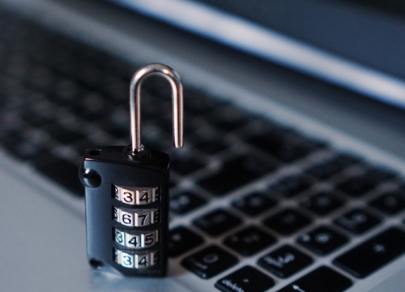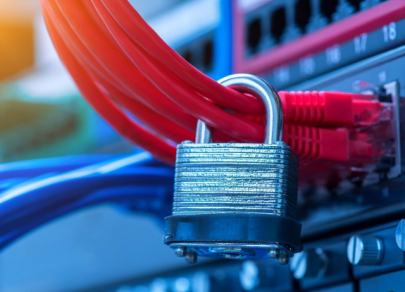FX.co ★ 3 efficient ways to make Internet space safer
3 efficient ways to make Internet space safer
EU liberal approach
The main aim of the European authorities is to identify, block, and delete inappropriate content. In most cases, these measures apply to terrorist, radical materials, as well as websites that violate copyright. However, law enforcement agencies do not limit themselves only to finding and blocking illegal data. They search for the main source and eliminate the problem, root and stem. By doing so, they have more than once managed to indicate the hideouts of criminal groups and get rid of them.
In addition, EU countries are trying to create a filter for user statements on the Internet. The Code of Conduct on countering illegal hate speech is already in force in the European Union. The main provisions of the document are primarily aimed at tracking and timely deleting user posts that do not comply with legal norms.
Besides, Europe has ratified a set of laws that are designed to protect users and their personal data from illegal use. Yet, these laws largely determine the work of legal entities. In case of proven law breaches, they have to pay huge fines.
However, all these measures can hardly be called effective. For example, US Company Google regularly pays multimillion-dollar fines and continues to violate the provisions of the law on the processing of personal data of EU residents.

China's radical approach
The Chinese authorities have once tried to create a separate segment of the Internet in the country. However, their attempt cannot be considered a complete success, although the project has some strong features. In this project, all major Internet providers are controlled by the state. This measure makes it possible to filter traffic, as well as monitor everything that happens on the network. What is more, the work of foreign companies is under full control, and if necessary, the government can block foreign services at the network level. At the same time, the attempt to control the local Internet is considered only 90% successful since local users have already learned to use methods to circumvent "the Great Internet Wall of China".
Despite the illiberal and tough approach of China's government to the global Internet space, it has a great advantage. If a massive cyber attack takes place and for some reason, China is disconnected from the global Internet, its local network will function normally. Therefore, the country will not lose access to the Internet and will not suffer a major disruption due to a cyber attack. If there are mass riots and civil unrest, the authorities will simply turn off the cell towers, thereby blocking access to the Internet completely. Luckily, there have not been such precedents in China and the government has not resorted to radical measures yet.

Russia's balanced approach
Apart from the two opposite examples of control over the Internet space, there is also the balanced one that helps to avoid imperfections of previously mentioned approaches. However, there is no such country that has been able to find the "golden mean". For instance, Russia has tried to find a balance between the tolerance of the European region and the authoritarianism of China but to no avail. The creation of a single space of the Runet also turned out to be inefficient as the government was unable to fence it from foreign influence. In particular, Roskomnadzor failed to block the Telegram messenger despite numerous attempts.
According to experts, it is extremely hard to control the Internet space in Russia as there are too many Internet providers across the country. For instance, Russia has eight Internet backbones. Of course, they are more or less controlled by state bodies but its control is rather limited. The Russian Internet service provider market is built according to the laws of competition and at the same time has a high degree of diversification. On the one hand, the shutdown of some of them allows the government to redirect the entire load to the remaining ones, which for a certain time will be able to cope with it. On the other hand, the same can happen with illegal and unwanted content as entities responsible for it just start changing places. Therefore, in order to restrict access to certain resources, the Russian authorities should establish some kind of monitoring at the state level. It may complicate the task. In this regard, it is often said that stability and controllability are almost polar opposite terms.






















